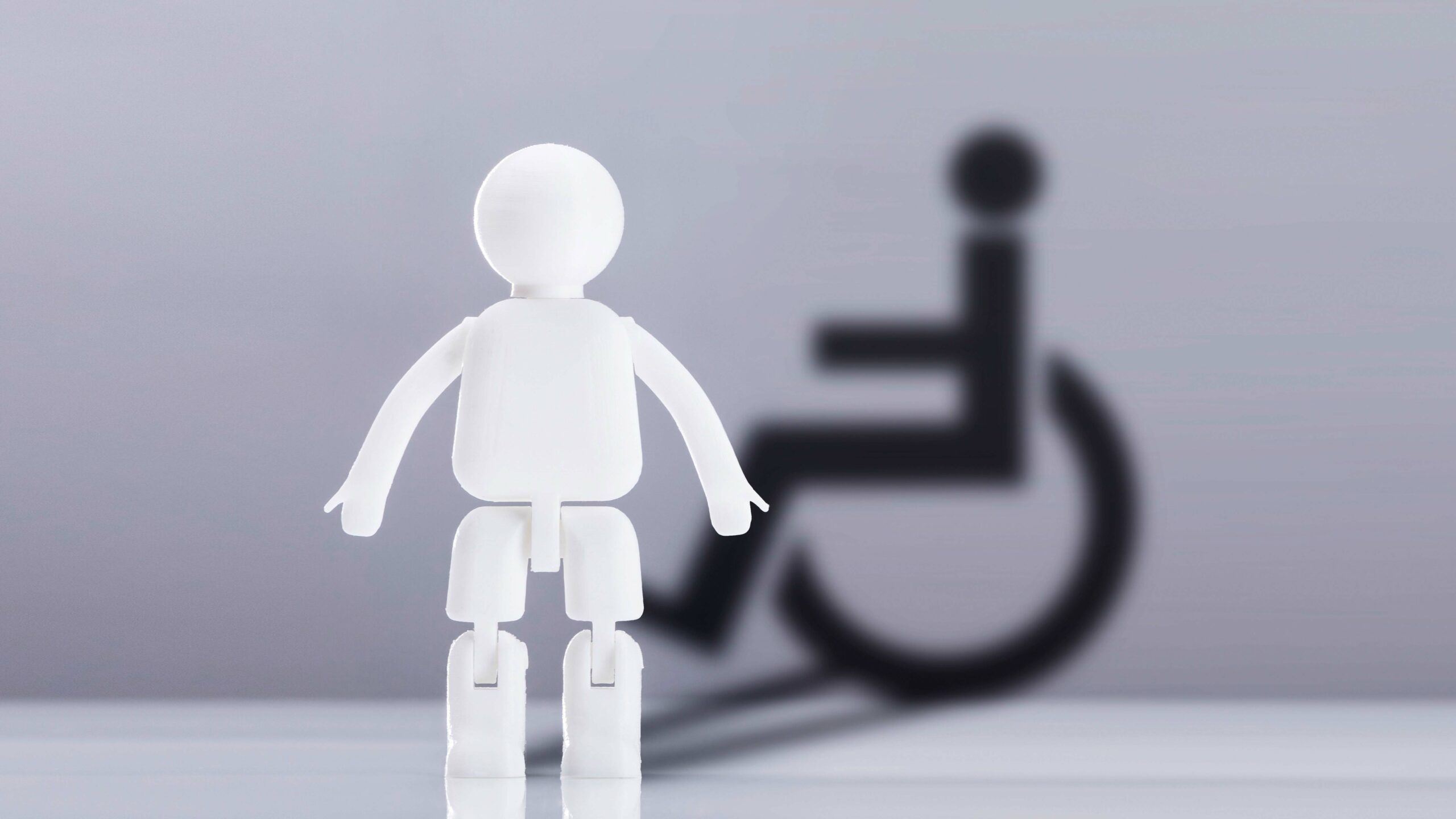Restrictions come in all possible sizes, weights and degrees. Some are immediately noticeable, others are totally invisible. But that doesn’t make them any easier to deal with. “You wouldn’t ask someone who is paralyzed to go up the stairs, would you?”
You might not think it, but 15 to 20 percent of the world’s population lives with a disability. It certainly doesn’t seem that way when we go to the workplace or go on a bargain hunt on the Meir. People with disabilities are all too often invisible and there are explanations for this. “Our society is simply not including† It is very difficult for people with disabilities to simply participate in life. And that is why we see these people less,” says remedial educationalist Beno Schraepen, researcher associated with the AP University of Applied Sciences† “On the other hand, some limitations are simply invisible. You don’t see it, while those limitations obviously also have an impact on life.”
Such restrictions are far from counting on one hand. Autism, ADHD, dyslexia, chronic fatigue syndrome, early-stage muscle diseases, metabolic disorders such as Wilson’s disease, autoimmune disorders such as Crohn’s disease… The list is endless. And each in their own way, these ailments complicate the lives of those who have to live with them.
“An open landscape office, flexible working, everyone who moves to a different place every day. Nowadays that’s hip, but for me it’s a disaster,” says Elise Cordaro, a young woman with autism and ADHD. Limitations that determine her life every day. She wrote down those experiences in her book Anders goes too. “I have to be able to sit in my usual place. On my desk I marked with tape exactly where my screens should be. Because sometimes the cleaning man puts it back in the wrong place and I can’t stand that. Or, for example, in the supermarket, if the cucumbers are suddenly in a different place. Then I panic and I feel a mixture of fear and irritation.”
–
You really don’t have to be an expert to deal with me. Just being nice will get you a long way.
–
That limitation in itself is annoying enough, but the outsiders don’t make it any easier. It is precisely because Elise’s limitation is completely invisible that she sometimes gains little understanding. “People sometimes think that I ‘just have to do my best’, that there is still time. Somehow I understand that, but it’s also frustrating. I have to try a hundred times harder than anyone else anyway. A paralyzed person doesn’t ask you to do his best to climb the stairs anyway. I cannot cross some boundaries.”
It is precisely this invisibility that makes the problem worse, because people do not know the problem, or are simply not prepared for it. “When you see someone who is in a wheelchair, you already know a number of things. Or at least you think you know them,” nods Professor Geert Van Hove, remedial educationalist at the university of Ghent† “With an invisible limitation, that frame of reference is missing. So it is also unexpected for outsiders.”
A difficult issue, for which there is no ready-made solution. In any case, it is a shared responsibility. “Government must ensure that society becomes more inclusive. People with disabilities must also have the courage to speak. We have to support them in this, so that they can think about what they do and don’t want to say,” says Van Hove. “But we can also call on neighbours, colleagues, friends and acquaintances. I am not in favor of large campaigns, because that often remains abstract. It is best to discuss this in small groups: concrete projects on the work floor, in the classroom, at the football club… This way we can listen much better to everyone’s needs.”
As with many things in life, invisible limitations also apply: talking helps. Elise feels the same way. “Actually, people don’t have to do much to interact with me. You can ask questions and listen when someone says something. You really don’t have to be an expert. Just being nice will get you a long way.”
–

:quality(80)/cdn-kiosk-api.telegraaf.nl/619cd5e2-dde6-11ec-a67f-0218eaf05005.jpg)
